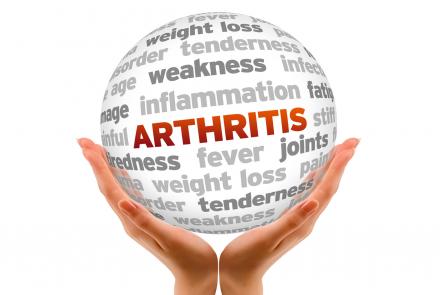Symptoms include the following:
Wheezing: There is a scratchy or whistling sound when you breathe
Coughing: Coughing is worse at night or early in the morning, making it hard to sleep
Chest tightness or pain: You feel like something is squeezing or sitting on your chest
Shortness of breath: This may feel like you can't get air out of your lungs
Children may also exhibit the following:
Fatigue (your child may slow down or stop playing)
Problems feeding or grunting during feeding (infants)…
Latest Stories
- Are you at risk of developing asthma Are you: Prone to developing allergies (known as Atopy). This is an inherited tendency. Have parents with asthma Had respiratory infections during childhood Exposed to airborne allergens or to viral infections during your chidhood when your immune system was developing Exposed to chemical irritants, industrial dust or pollutants in your workplace What causes or triggers an asthma attack These include: Allergens from dust, animal fur, cockroaches, mould,…
- Anxiety disorders respond very well to treatment and often in a relatively short amount of time. The specific treatment approach depends on the type of anxiety disorder and its severity. Mild symptoms may be relieved with lifestyle changes (eg regular physical exercise) and self-help (eg online e-therapies). Where symptoms of anxiety are moderate to severe, psychological and/or medical treatments are likely to be required. But in general, most anxiety disorders are treated with behavioural…
- Can anxiety be prevented Everything from your activity level to your social life affects anxiety. Set the stage for success by making a conscious decision to promote relaxation, vitality and a positive mental outlook in your everyday life. Learn about anxiety. In order to overcome anxiety, it’s important to understand the problem. Cultivate your connections with other people. Loneliness and isolation set the stage for anxiety. Make it a point to see friends; join a self-help…
- Self-diagnosis If you think you may have an anxiety disorder, ask yourself the following questions. If you identify with several of the following signs and symptoms, and they just won’t go away, you may be suffering from an anxiety disorder and you need to consult a doctor. Are you constantly tense, worried or on edge? Does your anxiety interfere with your work, school or family responsibilities? Are you plagued by fears that you know are irrational, but can’t shake? Do you believe that…
- There are different types of anxiety. The six most common anxiety disorders are: Generalised anxiety disorder (GAD): A person feels anxious on most days, worrying about lots of different things, for a period of six months or more. If patients have GAD, they can feel worried all the time and this can seem out of control. They may feel this way though there is no real reason for worry. Patient might feel ‘on edge’ and very alert to surroundings a lot of the time. This can affect day-to-day life.…
- Signs and symptoms of anxiety In moderation, anxiety isn’t always a bad thing. In fact, anxiety can help you stay alert and focused, spur you to action, and motivate you to solve problems. But when anxiety is constant or overwhelming, when it interferes with your relationships and activities, it stops being functional - that’s when you’ve crossed the line from normal, productive anxiety into the territory of anxiety disorders. Anxiety disorders are a group of related conditions rather than a…
- Anxiety Disorder can be caused by some of the following: Family history: People who experience anxiety often have a history of mental health problems in their family. However, this doesn't mean that a person will automatically develop anxiety if a parent or close relative has had a mental illness. There is a two to threefold greater risk of having this disorder if a first-degree relative has the disorder. Ongoing stressful events: Stressful events can trigger symptoms of anxiety.…
- How to manage arthritis You may be prescribed the following medications depending on the cause of the arthritis: http://www.patientsengage.com/conditions/arthritis/treatments Rest and exercise People with arthritis should exercise. According to the U.S. Department of Health and Human Services, there is strong evidence indicating that both endurance and resistance types of exercise provide considerable disease-specific benefits for people with osteoarthritis and rheumatic conditions (www.…












